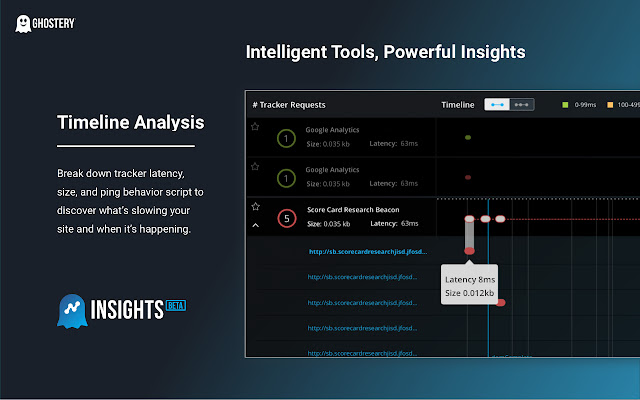
Imagine this: you’ve spent months honing your trading skills, studying charts, analyzing markets, and building your strategy. But when it comes to launching your funded trading account, a key question pops up — what are the costs involved? Whether youre eyeing the forex, stocks, crypto, or commodities markets, understanding the fee structure of funded trading firms can make or break your decision. Let’s dive into the details, break down what fees you might encounter, and explore how this landscape is evolving with new trends like DeFi and AI-driven trading.
Funding firms are all about offering traders capital — kind of like a game show where your skill determines whether you get the prize pot. But to operate, they need to recoup their investments and cover operational costs. So, what do they usually charge? Here’s a quick breakdown:
Evaluation or Challenge Fees: Many firms have an initial challenge or evaluation stage, which you must pay to participate in. Think of it as an audition fee — a one-time payment to prove your trading chops. This fee can range from $50 to a few hundred dollars, depending on the firm and challenge difficulty.
Monthly or Subscription Fees: Some firms require a recurring fee—say, $20 to $50 per month—for ongoing access to their platform or community. Its less common but still worth noting.
Profit Split or Commission: The bulk of their revenue often comes from sharing a portion of your gains. Typical profit splits might be 70-80% for traders, with the firm taking the rest. This isnt a ‘fee’ per se, but understanding how profits are shared is critical, as it impacts your bottom line.
Withdrawal or Cancellation Fees: Usually rare, but some firms might charge fees when you decide to cash out or end your partnership.
Data and Platform Fees: Occasionally, especially with specialized tools or premium data feeds, an extra charge applies.
Understanding the fee structure upfront helps you avoid surprises, especially when trading across multiple assets such as forex, stocks, crypto, or indices. For example, trading crypto often involves network fees on top of your firms charges, so mixing it with funded accounts can add layers of expenses.
Trading fees aren’t one-size-fits-all. The asset class you prefer impacts what costs youll encounter:
Forex: Typically, the most affordable in terms of fees. Many funded firms don’t charge commissions, just the spread (the difference between bid and ask prices). The main costs are the evaluation challenges and profit-sharing.
Stocks & Options: These often involve commission fees, unless the firm covers them or uses a zero-commission model. You might also pay data or platform fees separately.
Crypto: Fees here can include blockchain network costs (gas fees) and exchange spreads. Funded crypto trading accounts might charge a premium for volatility or liquidity conditions.
Indices & Commodities: Usually traded via CFDs or futures, with some firms charging overnight financing fees or spreads. Challenges and profit-sharing are common as well.
No matter what you trade, matching the fee structure to your trading style (short-term scalping vs. longer-term swing trading) can influence your profitability.
The landscape is shifting. Decentralized finance (DeFi) has opened new frontiers, reducing some traditional costs while introducing new challenges, such as smart contract security and volatility. Imagine trading indices or commodities without middlemen—blockchain technology makes that possible, but it’s still figuring out regulation and reliability.
Meanwhile, AI-driven algorithms are transforming trading. From AI bots executing lightning-fast trades to machine learning models that adapt to market conditions, the possibilities are vast. Some funded firms now incorporate AI tools into their evaluation process, potentially lowering operational costs and fees.
Looking ahead, smart contracts hold promise for automating payments, profit splits, and even challenge fees via blockchain. As AI matures, expect more personalized trading advisories, risk management tools, and adaptive fee models—making trading more accessible and transparent.
As the financial industry leans into innovation, funded trading firms are likely to evolve into more flexible, transparent platforms. Fees might become more performance-based, aligning incentives—think low upfront costs combined with higher profit-sharing only when traders succeed.
With multiple assets at your fingertips—forex, stocks, crypto, options—the ability to diversify is more accessible than ever. The main thing to remember: be aware of all fee components, weigh them against your trading plan, and keep an eye on emerging tech disruptions that could reshape the scene.
Funded trading firms are unlocking new trading horizons. As competition heats up and technology advances, expect fees to become more competitive and transparent—making it easier than ever for traders to turn their skills into profits without breaking the bank.
Ready to explore the next frontier? The world of funded trading isn’t just about capital; it’s about smart, strategic moves.
Your All in One Trading APP PFD